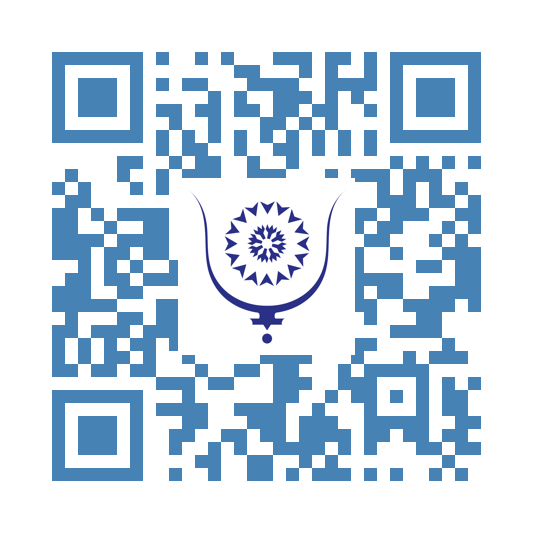Et si le sport était bien plus que du sport. 2222
ET SI LE SPORT ÉTAIT BIEN PLUS QUE DU SPORT ?
Lorsque l’on parle Sport tout naturellement nous viennent à l’esprit les noms des différents athlètes qui brillent dans leur domaine – notamment les stars du foot – nous pensons bien sûr aux victoires, aux médailles, aux compétitions, à nos engouements, à nos célébrations lors de belles réussites…
Tout cela est naturel, il s’agit de tout ce qui nous fait vibrer, rêver, il s’agit de la vitrine qui met en lumière LE sport d’un pays, en l’occurrence le nôtre.
Mais derrière tout cela il y a le rôle primordial, mais peu évoqué, du sport dans notre société, le rôle du sport auprès de notre jeunesse.
Le sport business existe et crée tout un mur de brouillard autour des valeurs du sport, le fric coule à flots en certains domaines pour autant ce qui doit nous intéresser nous - soucieux de transmettre des règles, des lignes de conduites, d’aider notre jeunesse – c’est cette clé que représente le sport au quotidien, je veux parler de l’insertion sociale.
Le sport, la culture sont selon moi, sincèrement, les vraies clés de l’insertion de notre jeunesse.
Je n’évoque bien sûr pas ici les indispensables que sont l’éducation, la formation, l’emploi…je veux me focaliser sur ce qui est à notre portée, à nous, sur le terrain !
Je reprends ici des termes qui ne m’appartiennent pas mais qui appartiennent à tous les acteurs engagés au sein de la jeunesse : le sport dans sa mission première est capable de transmettre des valeurs, instaurer des règles de vie en société, de permettre l’épanouissement et le dépassement de soi, d’imposer le respect de l’autre, la convivialité, la fraternité, l’entraide…et par-là de préparer notre jeunesse à la formation, l’éducation, à l’insertion sociale tout simplement.
Un vent porteur souffle en ce sens, peut-être la popularité de notre équipe nationale de foot, la préparation de la prochaine CAN sur notre sol, éveillent-elles les consciences et les bonnes volontés.
Ainsi des stars du foot ont compris à quel point leur charisme et leur popularité étaient nécessaires, utiles, bienvenues pour la jeunesse de leur pays d’origine, j’en citerai deux : Achraf Hakimi qui crée une fondation et Sofiane Boufal -actuellement présent sur notre sol- qui prépare une action d’envergure.
Par ailleurs le Mouvement Droit de Cité mis en place il y a quelque temps afin de créer un rapport de force en faveur de la jeunesse -en partenariat avec l’association Marocains Pluriels- a choisi d’enfourcher ce cheval de bataille.
Ainsi ils inaugurent une série de rencontres baptisées « L’Débat » qui nous donne un premier rendez-vous le Jeudi 7 Mars à 19h au Centre Sportif l’Ideal de Bourgogne à Casablanca.
Le panel d’intervenants est pluriel et riche, tels Aziz Daouda, Lino Bacco, Faycal Sekhnini… et de jeunes sportifs qui ont atteint l’excellence : Othmane Choufani (surf), Mehdi Amri (foot), Romayssa Filahi (danse), Hamza El Malhi (streetworkout)…
Voici le texte de présentation de cette première édition de L’Débat :
« Notre jeunesse – au féminin et au masculin- est douée en bien des domaines, s’il en est un dans lequel elle excelle c’est bien LE SPORT.
Depuis toujours le foot, l’athlétisme, la boxe, le basket…sont des disciplines dans lesquelles les jeunes Marocain(e)s se sont illustrées.
Depuis quelque temps, d’autres sports émergent, notamment les sports de rue : le streetworkout, l’acrobatie, le skate, la danse, le parkour…
D’autres tel le surf, l’escalade, le vélo…font sans cesse de nouveaux adeptes…
Nos jeunes sont cependant confrontés à de nombreux obstacles : manque d’encadrement, d’espaces, de reconnaissance, d’intérêt des élus, d’accès aux responsabilités…
Droit de Cité et Marocains Pluriels ont décidé d’ouvrir L’DEBAT, toutes les personnes intéressées par ce sujet – jeunes et adultes, pratiquants et dirigeants, journalistes, sportifs…etc, à venir en discuter en toute liberté et à faire émerger de ce débat des propositions concrètes et impactantes



